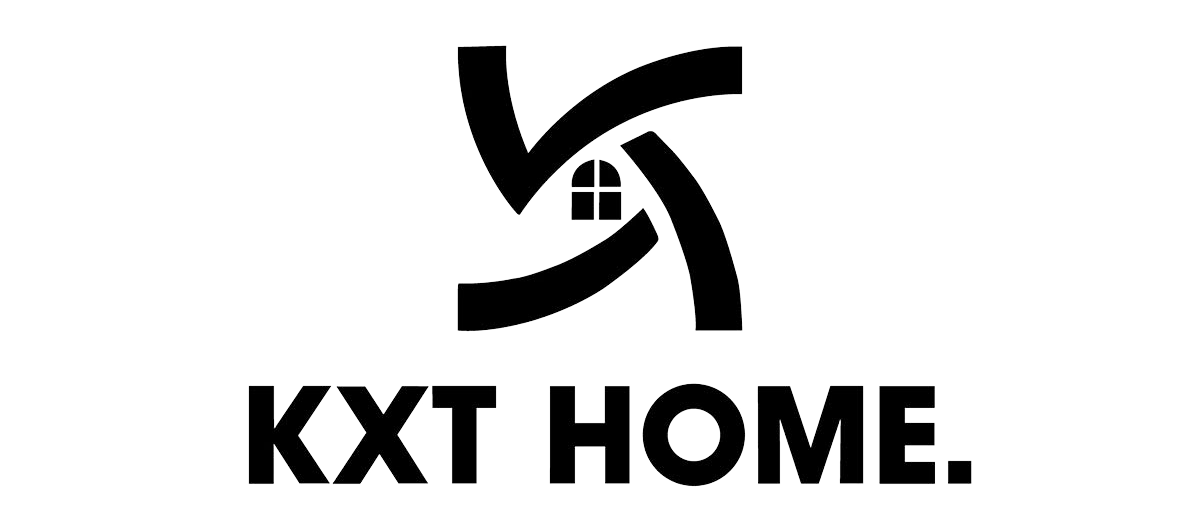A well-organized 90-day delivery plan is vital for large-volume hotel purchases including toiletries linens daily-use products drinks and equipment as it keeps stock levels steady cuts costs and ensures smooth operations. Below is a practical framework adjustable to property size and procurement needs.
1.Goals of the Plan
Guarantee on-time arrival of all large orders.
Lower risks of stockouts or excess inventory.
Optimize cash flow and supplier lead times.
Ensure cross-department coordination (Housekeeping F&B Front Desk Engineering Admin).
2.Main Stages Over 90 Days
Phase A: 90–76 Days Before Delivery – Planning & Forecasting
Forecast 90-day demand per department.
Consolidate supplier lists and select preferred vendors for large orders.
Set budget and approval processes for major purchase orders.
Obtain quotes with bulk rates shipping terms and lead times.
Draft a master delivery calendar with planned arrival dates.
Phase B: 75–61 Days Before Delivery – Sourcing & Negotiation
Negotiate bulk terms including discounts minimum order amounts packaging and return rules.
Confirm item lead times covering production packaging shipping and customs for imports.
Assess storage space including capacity handling tools and temperature controls.
Finalize supplier contracts or amendments.
Develop backup plans for potential delays such as holidays bad weather and port backups.
Phase C: 60–31 Days Before Delivery – Ordering & Logistics
Place initial large orders with confirmed lead times.
Coordinate delivery times with departments to avoid overcrowding through staggered schedules.
Establish receiving and inspection rules for quality quantity and SKUs.
Sync with IT/ERP systems to update product lists reorder points and minimum stock amounts.
Prepare backups including alternative suppliers or air/rail shipping options.
Phase D: 30–7 Days Before Delivery – Final Checks & Backup Plans
Reconfirm all orders quantities and delivery addresses.
Monitor upcoming deliveries and prepare loading docks.
Communicate schedules to relevant teams (Housekeeping F&B Engineering Front Office).
Prepare back-office tasks including payment timetables purchase order closures and invoice matching.
Phase E: 0–14 Days Before Delivery – Pre-Delivery Prep
Manage routes and docks to ensure available unloading areas.
Train staff on safe handling of bulk items including hazardous materials batteries and chemicals.
Prepare inventory with received item logs quality assurance checklists and quarantine areas if needed.
Arrange last-minute substitutions for supplier-delayed items.
3.Recommended Delivery Plan Template
Master Calendar: A 90-day timeline with key checkpoints
Forecast completion date
Supplier quote due date
Purchase order issuance dates
Confirmed delivery time slots
Receiving and quality check dates
Invoicing and payment milestones
Delivery Time Slots: 2–4 weekly aligned with departments
Example: Monday morning – Housekeeping fabrics
Tuesday afternoon – F&B bulk drinks
Thursday – Guest toiletries and paper products
Friday – Engineering parts and maintenance supplies
Receiving & Quality Check Rules
Check product name SKU quantity batch/lot number and expiration date if applicable
Record received date condition and problem notes
Quarantine items with texture or packaging issues for inspection before stocking
Restocking Inventory Rules
Set reorder points and safety stock per item
Establish minimum and maximum stock levels
Implement automated purchasing where possible
4.Roles & Duties
Procurement Manager
Lead supplier negotiations handle contract terms and manage master calendars.
Receiving Supervisor
Oversee incoming inspections quality checks and storage assignments.
Department Heads (Housekeeping F&B Front Office Engineering)
Provide demand forecasts and verify lead times.
Finance / Accounts Payable
Manage purchase order approvals invoicing and payments.
5.Items for Bulk Purchase Plan
Housekeeping & Laundry
Linens towels bedspreads pillowcases pillows
Detergents fabric softeners bleach sanitizers
Laundry bags carts rack systems
Guest Comfort & Toiletries
Soap shampoo conditioner lotion pens notepads
Slippers tissues toothbrush kits sewing kits
Food & Beverage (Bulk)
Bottled water coffee/tea sugar creamer
Condiments disposable cups/plates napkins
Stockroom non-perishables
F&B Service Supplies
Glassware cutlery serviceware outlet linens
Bar stock (non-perishables) stirrers napkins
Maintenance & Operations
Light bulbs batteries battery chargers cleaning tools
Safety supplies first-aid kits PPE
Admin & Other Items
Office supplies printer paper toner
Packaging shipping supplies pallets if needed
6.Risk Reduction
Supplier issues: maintain at least 2 qualified suppliers per critical item.
Lead time changes: add 2–3 week buffers for high-risk items.
Storage limits: secure temperature-controlled space for perishables.
Quality problems: apply strict quality checks and clear return processes.
Budget overruns: lock prices when possible and set aside backup funds.
7.Monitoring Metrics
On-time delivery percentage
Receiving accuracy rate (correct items/quantities)
Inventory turnover rate
Departmental stockout counts
Cost savings vs. past periods
Average time from purchase order to receipt
8.Quick Start List (90 days out)
Prepare departmental 90-day demand forecasts
Select preferred suppliers and request bulk quotes
Create master delivery calendars
Determine storage capacity and receiving processes
Obtain initial approvals for large purchase orders
Plan delivery time slots and back-office integrations
Sharing details like room count current suppliers priority item categories and inventory system usage allows customization into a specific 90-day plan with dates and sample purchase orders.

